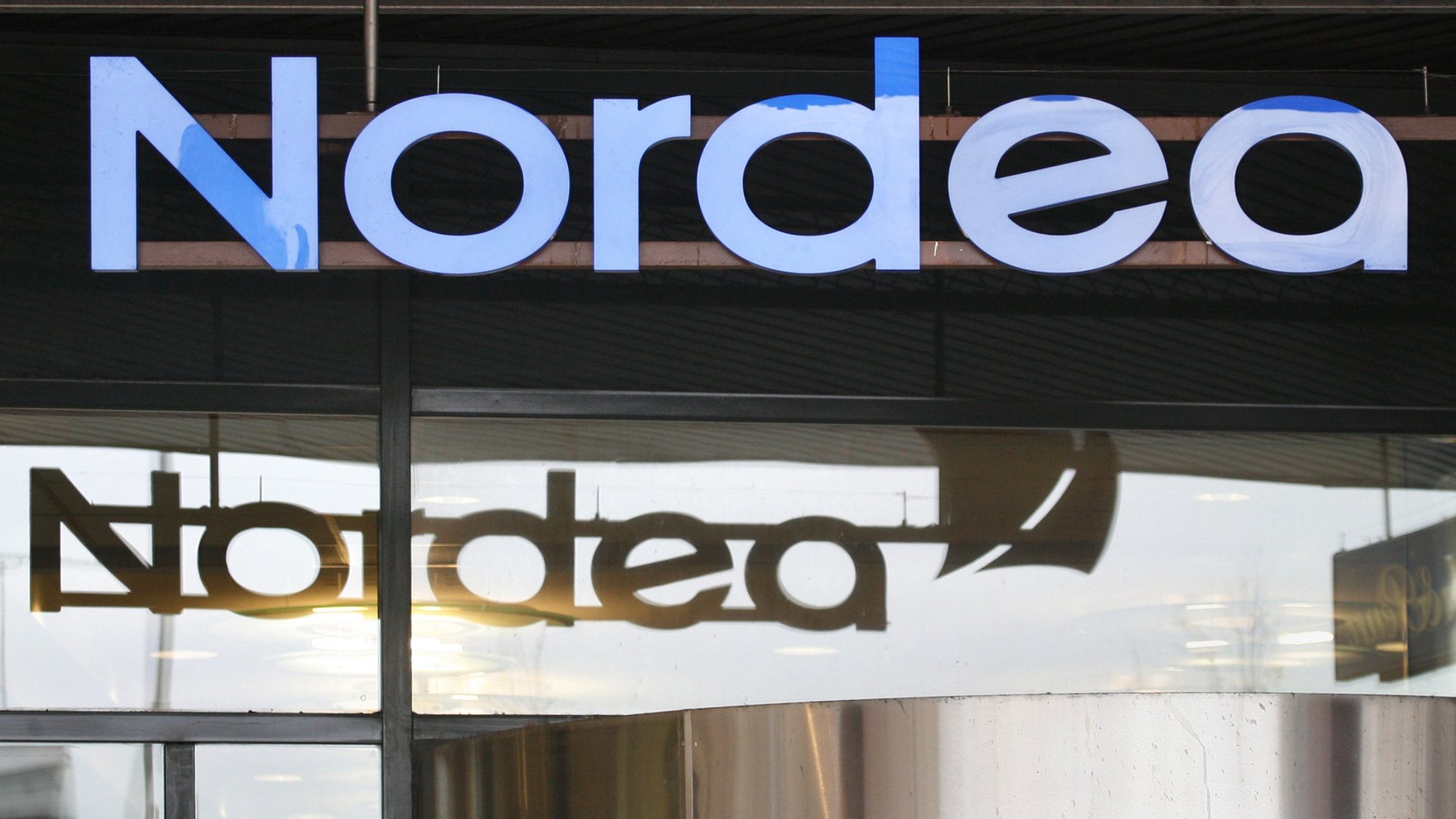If they follow the Swedish model, Europe’s nationalized banks won’t return to private hands until 2028
As Europe’s fragile financial system slowly returns to health, governments are unwinding the measures they took to prop up ailing banks during the worst of the crisis. In mid-September, the British government sold a 6% stake in Lloyds Banking Group, trimming the state’s ownership of the bank from 39% to 33%.


As Europe’s fragile financial system slowly returns to health, governments are unwinding the measures they took to prop up ailing banks during the worst of the crisis. In mid-September, the British government sold a 6% stake in Lloyds Banking Group, trimming the state’s ownership of the bank from 39% to 33%.
The Swedish government also recently pared its holding in a part-nationalized bank, selling its remaining 7% stake in Nordea yesterday. But unlike Lloyds or the other European banks rescued after the 2008 crash, Sweden’s stake in Nordea is older—20 years older.
A property market boom and bust in the early 1990s savaged banks across Scandinavia, forcing governments to nationalize large swathes of the region’s banking system (including the banks that became Nordea). When compared with the dithering that followed the most recent banking crisis, particularly in the euro zone, the Scandinavians’ forceful response is hailed as a model.
But even if the Swedes, in retrospect, handled their crisis well, the drawn-out saga of the government’s stake in Nordea is a timely reminder of how long it can take for a bailed-out bank to return to normal. If anything, the turmoil in Scandinavia in the early 1990s is tame compared to the near-depression conditions recently experienced in Greece, Ireland, Spain and elsewhere in Europe. Even in healthier countries, like the UK or Germany, large stakes in sickly banks like Lloyds, RBS and Hypo Real Estate may remain on government books for a while longer—Sweden escaped relatively unscathed by the recent financial crisis and has been one of the more robust economies in Europe for many years.
This matters because policymakers face conflicts when they are both the regulator and owner of problematic banks. The British government’s recent moves to boost mortgage lending may be stoking a new housing bubble, but it is also fueling a rapid recovery in banks’ share prices. These suspicions of conflict of interest will hang over politicians’ heads for years, if not decades. If Sweden is indeed a model, Lloyds, RBS and its ilk will be returned fully to private ownership sometime around 2028.